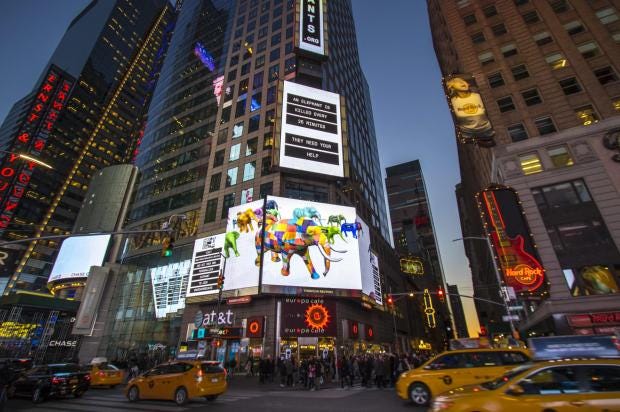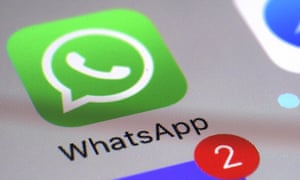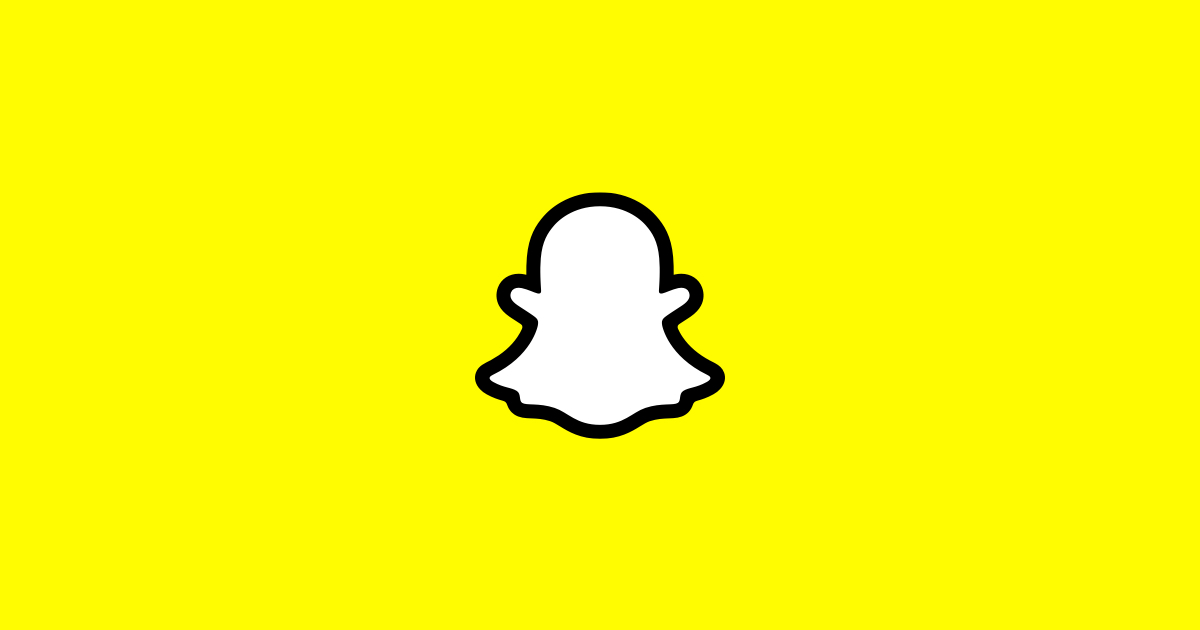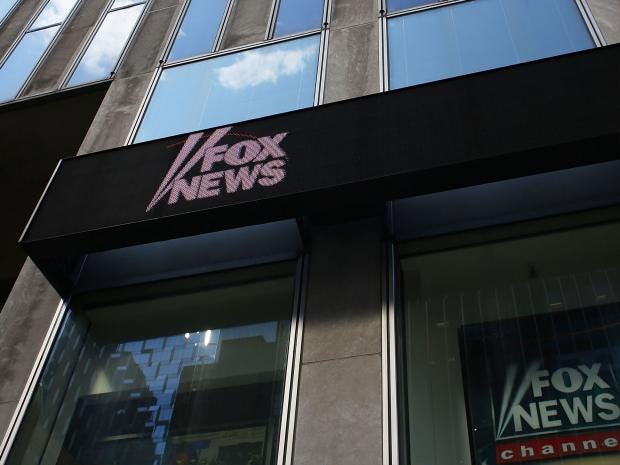Clay Shirky says that accountability journalism is important due to the good for the public and brings to light corruption which would normally be hidden; referees to the "iron core of journalism". He states how accountability journalism has held those accountable for their corruption against the votes end and powerless when they would be unable to. Shirky believes that acoutability journalism with reference to 2002 Catholic Church scandal where the Boston a globe was able to expose a Church for predatory and abuse against children .
2) What does Shirky say about the relationship between newspapers and advertisers? Which websites does he mention as having replaced major revenue-generators for newspapers (e.g. jobs, personal ads etc.)?
Relationships are seen within newspapers and advertisers, a point Shirky believes. Advertisers are made to pay over what they need, they are charged extra for a service that is deemed uslesless for them to actually target/market their key demographic. The newspapers, in the end, will become the type of investment to do long range or high risk news reports like the 2002.Websites such as Monster and Match and Craigslist have replaced major revenue-generators for newspapers.
3) Shirky talks about the 'unbundling of content'. This means people are reading newspapers in a different way. How does he suggest audiences are consuming news stories in the digital age?
Shirky states that there is more demand than produce/ supply for people in getting news. Says in the future news will be digital as people are already used to the way news is handed to them for free that the case is it is weird for some to actually pay for their news or newspapers as it is a public good for news to be free.
4) Shirky also talks about the power of shareable media. How does he suggest the child abuse scandal with the Catholic Church may have been different if the internet had been widespread in 1992?
Clay Shirky suggests that shareable and social media has a huge power as it allows for greater inter connectivity of people and allows the news and media to have a higher global reach as it would travel a lot faster. He suggest that if the internet had been as widespread in 1992, it would have meant that society would be reusing and sharing the news stories about the Catholic Church scandal a lot quicker which could have led to the individuals in the church as well as the church itself stopping the criminal activities.
Shirky suggests shareable media has its own power allowing inter connectivity amongst people and allowing news and media a huge reach globally, as it would travel faster . Clay Shirky
5) Why does Shirky argue against paywalls?
Shirky argues against paywalls because he believes that paywall damages general news and benefits financial news. He also states that a paywall is a violation of contract to make use of the news as an audience.
6) What is a 'social good'? In what way is journalism a 'social good'?
Journalism is seen as a social good as it essentially benefits a large number of people in society in the best possible way in the form of providing news and information but also by holding to account the corrupt and powerful when the powerless citizens cannot. This is evident through the 2002 Catholic Church scandal as well as the Watergate scandal where the Washington Post was able to expose Richard Nixon and led to his impeachment.
7) Shirky says newspapers are in terminal decline. How does he suggest we can replace the important role in society newspapers play? What is the short-term danger to this solution that he describes?
Shirky believes that newspapers are irreplaceable in their production of accountability journalism and that instead we should expend any effort or resources we can to keep ourselves from having to replace them. However, there is currently a revolution taking place in media production, the current shock in the media environment is so inimical to the 20th-century model of news production that time spent trying to replace newspapers is misspent effort and that we should instead be transferring our concern to the production of lots and lots of smaller, overlapping models of accountability journalism.
I believe that it is very important for major media brands such as the New York Times or the Guardian to continue staying in business and providing news as they have the power and skills to take time investigating serious crimes, political corruption, or corporate wrongdoing in a professional manner. This is important for society as the readers need to be aware of what is going on in the world, and investigative journalism can even bring justice in some cases.
The access of free news and information means that society will be easily educated but also it means that people in society will be a lot more aware of what is going on in their worlds. Furthermore it is also important because of investigative journalism, which means that journalists will still be around to hold the corrupt and powerful governments to account if they do not have the best interest of society and the population in mind.








